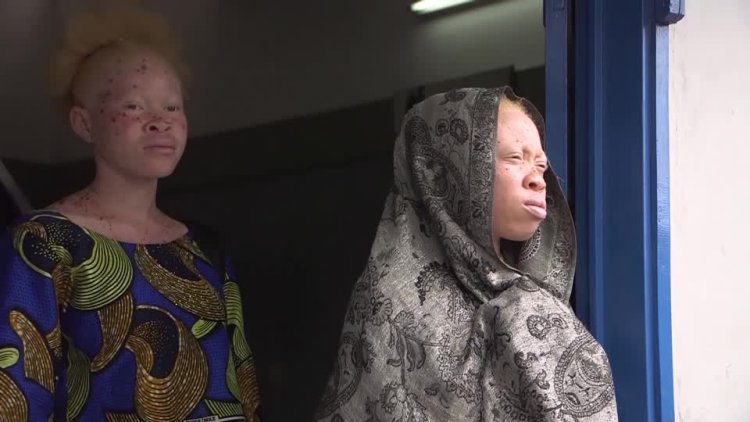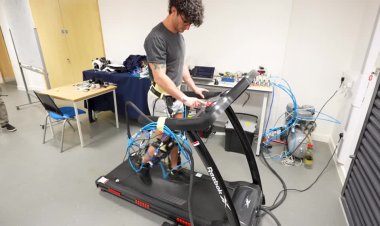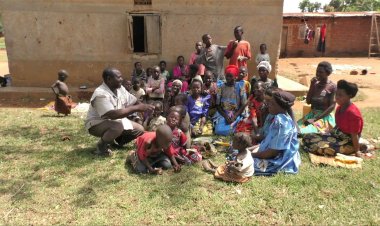Extreme Heat Poses Risks for Albinism in West Africa

As the summer sun beat down on Benin's capital Cotonou last month, Carine Kiki carefully applied sunscreen to her twin daughters' pale backs. Living with albinism, the girls are part of an already vulnerable community now facing heightened risks as West Africa grapples with extreme heat waves.
"They do not fall sick so often. In terms of their health, their skin is the only problem they have," Kiki said, explaining the constant vigilance required to protect her daughters from the sun's harmful rays.
Africa is heating up at a faster rate than the rest of the planet and enduring more severe climate and weather disasters such as droughts, a joint U.N.-African Union report said in 2023. The report said the average rate of warming in Africa was 0.3 degrees Celsius per decade in the 1991-2022 period, compared with 0.2 degrees in the world as a whole.
At the heart of efforts to support families like Kiki's is Albi International, an association founded by Carine Houngue, a 38-year-old woman with albinism. On a sweltering day in June, Houngue welcomed a group of people with albinism to the center, where sunscreen bottles lined the tables.
In early April, temperatures in Mali hit 48.5°C, with multiple countries in the region experiencing temperatures well above 40°C.
Dr. Diane Assogba, a dermatologist in Cotonou, emphasized the heightened risks for people with albinism.
"Ultraviolet rays cause alterations to the DNA of skin cells," she explained. "The accumulation of these damages leads to a modification of the skin cells, which progressively become cancerous."
A recent analysis by World Weather Attribution, an international group of climate scientists, linked the extreme temperatures to climate change, warning that such heatwaves could become more frequent without significant reductions in greenhouse gas emissions.















